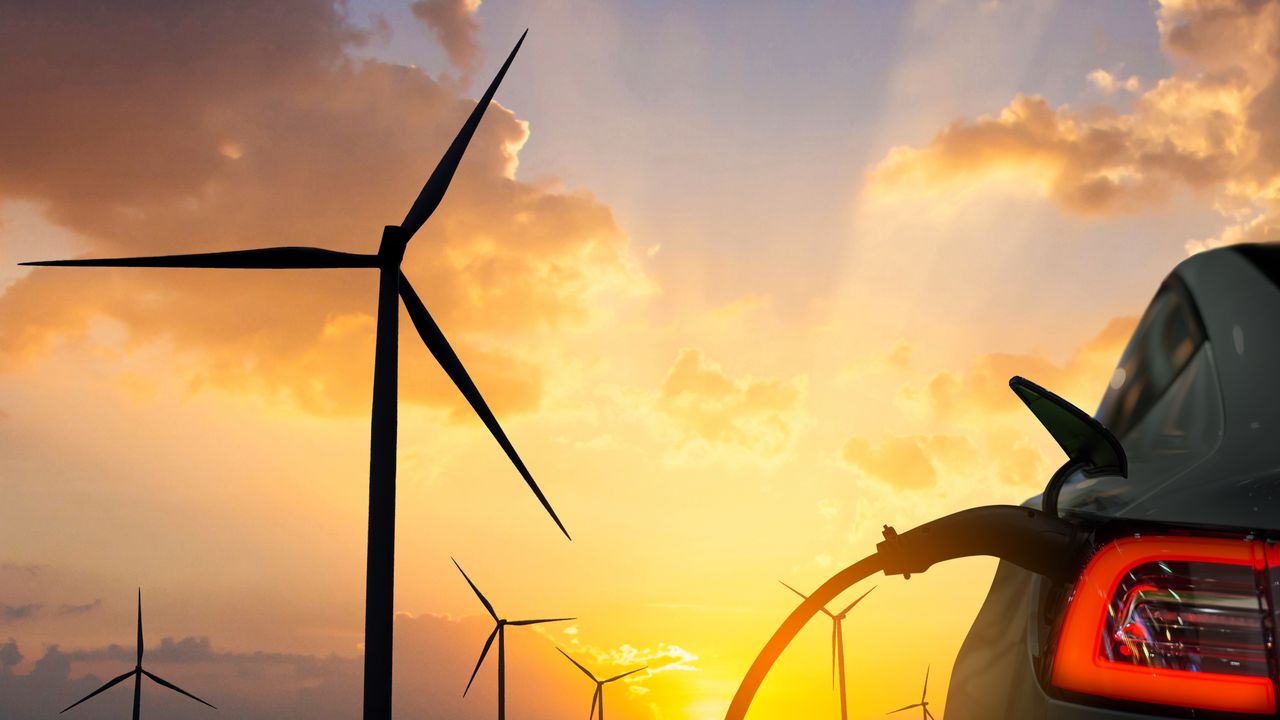EV Charging Station Scheduling: How to Optimize User Preferences and Booking
Electric vehicles (EVs) are becoming increasingly popular as people look for greener and more sustainable ways to travel. However, one of the biggest challenges facing EV owners is finding a reliable and convenient charging station. With the rise of EVs, the demand for charging stations has also increased, making it necessary to optimize the scheduling of these stations to meet user preferences and needs. In this article, we will discuss the importance of charging station scheduling and how it can be optimized to meet the needs of EV owners.
Charging Station User Preferences
One of the most important factors to consider when scheduling EV charging stations is user preferences. EV owners have different charging needs, and it is important to understand these needs to provide a satisfactory charging experience. For example, some EV owners may prefer fast charging stations, while others may prefer slow charging stations. Some may prefer charging stations located near their workplace or home, while others may prefer charging stations located near shopping centers or other public places.
To optimize charging station scheduling, it is important to gather data on user preferences. This can be done through surveys or by analyzing data from existing charging stations. By understanding user preferences, charging station providers can schedule stations in locations that are convenient for users and provide the type of charging that is most in demand.
Charging Station Booking
Another important factor to consider when scheduling EV charging stations is booking. With the increasing demand for charging stations, it is becoming more common for users to book charging stations in advance. This helps to ensure that a charging station is available when needed and reduces the risk of waiting in line or not being able to charge at all.
To optimize charging station booking, providers can offer online booking systems that allow users to reserve a charging station in advance. This can be done through a website or mobile app, making it easy for users to find and book charging stations on the go. Providers can also offer incentives for booking during off-peak hours, which can help to distribute demand more evenly throughout the day.
Charging Station Off-Peak Hours
Off-peak hours refer to times when demand for charging stations is lower. By encouraging users to charge their EVs during off-peak hours, providers can optimize charging station scheduling and reduce the risk of overcrowding or long wait times. Off-peak hours can vary depending on the location and user preferences, but they generally refer to times when there is less demand for charging stations.
To encourage charging during off-peak hours, providers can offer incentives such as discounted rates or free charging. This can help to distribute demand more evenly throughout the day and reduce the risk of overcrowding during peak hours. Providers can also use data analytics to identify peak and off-peak hours and adjust pricing and incentives accordingly.
Conclusion
EV charging station scheduling is an important factor in providing a satisfactory charging experience for EV owners. By understanding user preferences, offering online booking systems, and encouraging charging during off-peak hours, providers can optimize charging station scheduling and reduce the risk of overcrowding or long wait times. As the demand for charging stations continues to grow, it is important for providers to stay up to date with the latest trends and technologies to provide the best possible charging experience for EV owners.
